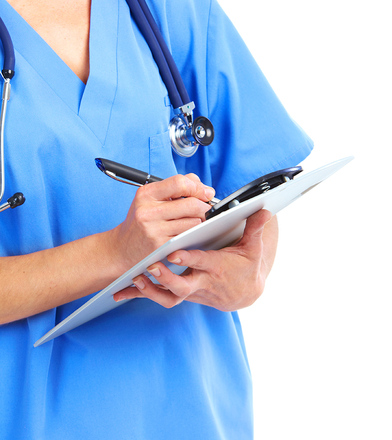
As time and technology have progressed, humans have seen a real shift from stagnant, hard-to-use communication, to mobile technology that can, essentially, be used remotely all across the globe. As a result of this change and progression, there has been a stark surge in the utilization of SMS messaging, especially in the healthcare industry.
According to a study on Statista of SMS messages sent per second worldwide from 2007 to 2010, "In 2010, an estimated 192,192 text messages were sent every second around the world." The Chicago Tribune reported too that, “U.S. smartphone users are sending and receiving five times as many texts compared with the number of phone calls each day, according to the International Smartphone Mobility Report by mobile data tracking firm Infomate. In total, Americans spend about 26 minutes a day texting. That compares to spending about six minutes a day on voice calls.”
That's a whole lot of messages being sent back and forth, and that number has, and will continue to, increase as more and more people convert to using smartphones and other mobile devices with SMS capabilities.
This includes professionals within the medical field and healthcare system.
SMS messaging is creating finely timed healthcare with communication that gets important messages across efficiently, and in a timely fashion. With the utilization of SMS messaging, patients can communicate their wants, needs, and daily behaviors and medical necessities, such as sending a quick message after taking prescribed medications.
SMS messaging helps keep patients safer, and professional medical advisers better informed.
[Sources: Statista, Chicago Tribune]
